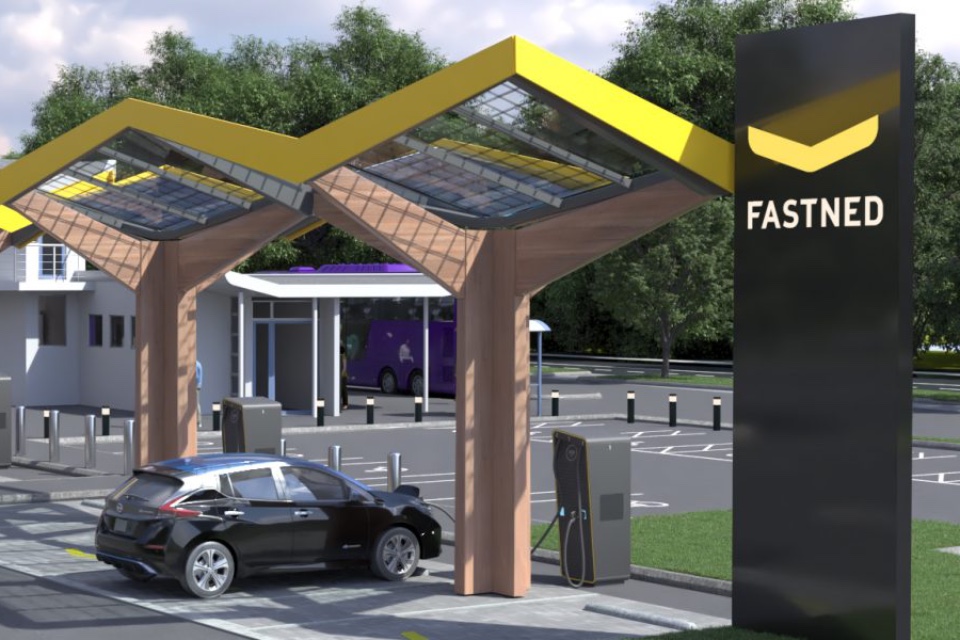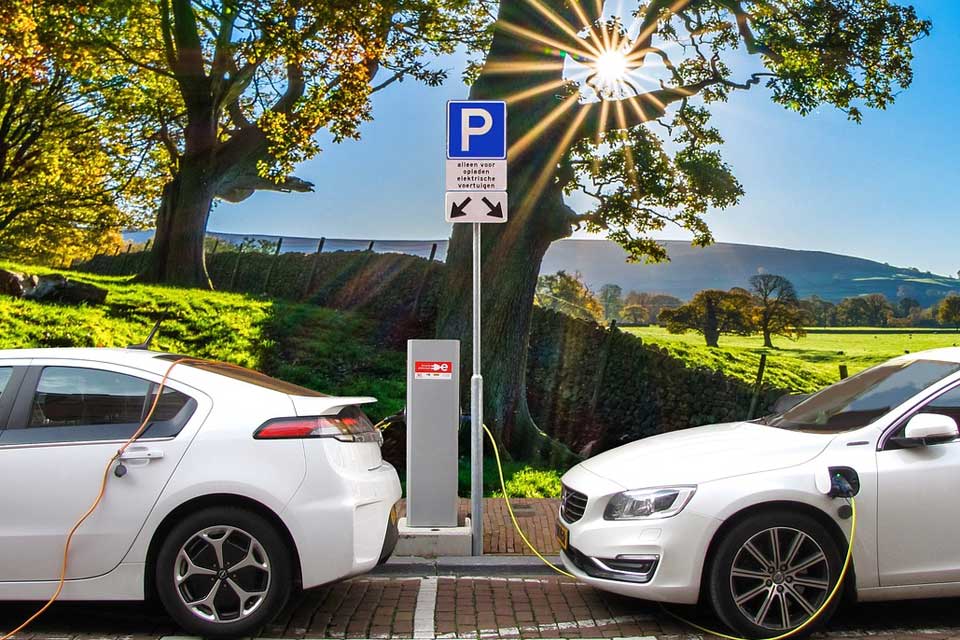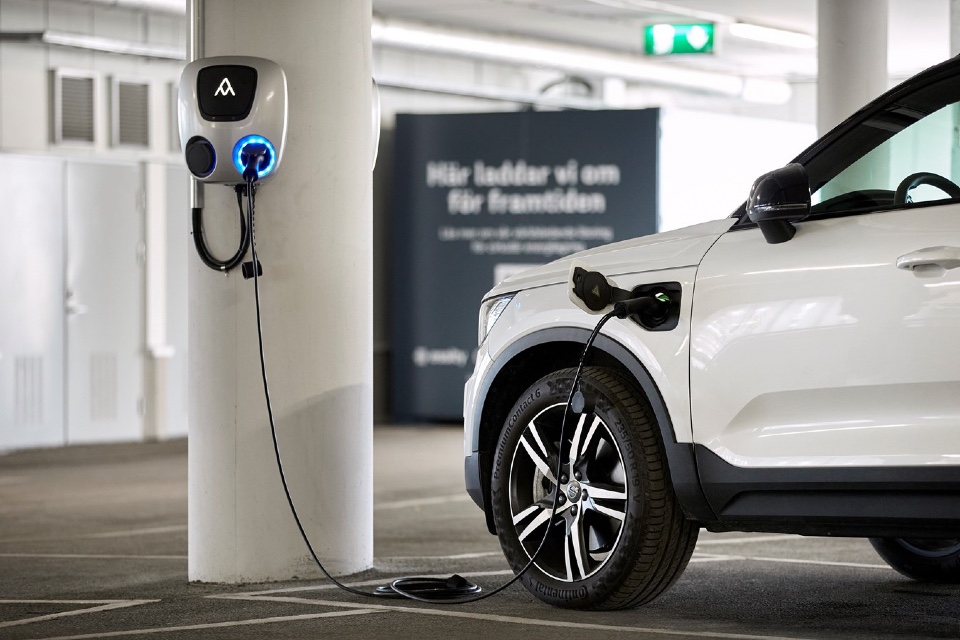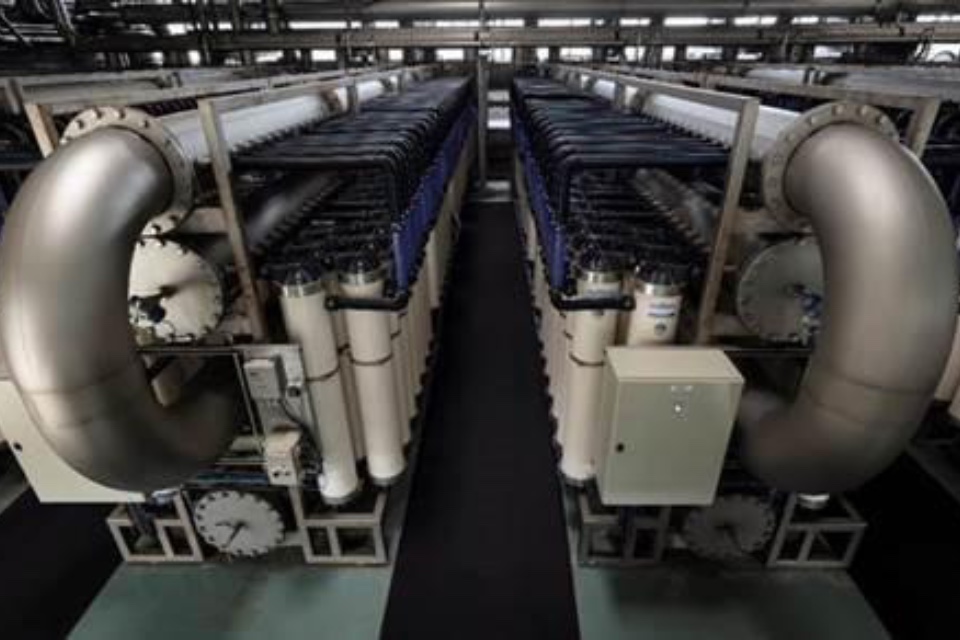Mental health is a popular topic at the moment, while the majority of us were trying to maintain a healthy routine and lifestyle while stuck indoors, it begged the question, what about after lockdown? Back to work anxiety was bad enough for some of us after months of leisure time and lie ins. But entering the next stage of eased lockdown regulation is a cause of mental health disruption for some of us, bringing a sense of unease, worry, and anxiety.
At first, the thought of losing our freedom and summer plans caused anxiety in itself, but once we got used to our new life it subsided. While some are eagerly anticipating a return to work and normality, others are genuinely distressed by it — whether this is facilitated by concerns of the virus or facing our colleagues, there’s a real issue that needs addressing.
In this article, we’ll take a look at back-to-work anxiety in science, technology, engineering, and mathematics (STEM) industries, helpful tips to deal with feeling anxious, as well as a question and answer session from the engineering sector and how they’re dealing with returning to work.
What is back-to-work anxiety?
Being away from your job for a period of time can affect your feelings regarding work, whether it’s the workload or challenging colleagues. Some of us have time to mull over our skills and put ourselves down over our abilities, knocking down our confidence. According to research by YouGov, two in five are anxious about returning to work and the threat the virus has to our health and wellbeing.
Back-to-work anxiety can have physical effects such as headaches, stomach issues, trouble sleeping, and behavioural changes like feeling irritable and isolated. If your job was stressful to begin with, it’s likely that returning can be even more difficult. Although anxiety is a normal emotion, there are many self-help methods you can use to manage these feelings. You should always consider seeking medical and therapeutic care if this severely interrupts your days.
STEMming from anxiety
STEM industries have recently been under scrutiny regarding the working environments in these sectors fostering anxiety and depression. For example, a report called “Masculinity in Engineering” noted that more than a fifth of engineers take time off due to their mental health as well as over one in three UK tech professionals claiming they’re worried about their mental health as it has deteriorated during Covid-19 which was previously one in five before the pandemic. The fast-paced and competitive nature of the work can stop workers from switching off.
These industries are traditionally male and white-dominated sectors notorious for a toxic masculine culture which can make people feel isolated. So it isn’t surprising that this, combined with the notion of returning to work after a period of absence from the office or lab, is having a significant impact on STEM workers mental health.
Although it’s difficult to judge how exactly social distancing measures can be implemented across a broad range of sectors from science to mathematics and the different ways that these job roles are carried out, many workers are also nervous about the spread of Covid-19.
How to handle back to work anxiety
Try to make the transition back to work easier and consider these steps. It’s also helpful to identify the source of your worries to come up with solutions. myGP, a smartphone app for online NHS services including specialist areas like mental health, suggested the following:
Prepare yourself
Getting into the routine of work life can be a daunting feeling, however preparing yourself can make it easier. Whether this is preparing your lunches for your break, or dinners in advance for when you get home late and are too tired to cook, what may seem like minor preparations can actually relieve your mind of things you need to do for yourself. Remember, you and your needs should come first.
If you’ve been spending lockdown not getting out much and waking up late, try to get into a good routine to prepare yourself for when you’ll be on your feet again. Spending time outdoors whether it’s walking through nature or laid out in your garden can help to calm you down and keep you grounded in the present moment.
Speak with your manager and colleagues
Solidarity can be helpful in alleviating feelings of anxiety — try speaking to your colleagues to comfort each other and provide support. Recognising that others feel the same can help you feel like you’re not alone.
If you feel comfortable, it could be worthwhile speaking to your manager about your concerns and throwing yourself back into work life. Employers can be helpful in introducing informal support mechanisms like online resources and volunteers to provide support. They may be able to reduce some of your concerns or make plans to help your return to work.
Find out what will have changed in the workplace. For example, you may find that there will be fewer people in the workplace in order to maintain physical distancing. You could arrange a visit prior to your first day back which might reassure you about the measures that have been put in place to keep you and your colleagues safe. This brings us to our next point.
Seek resources
Lear, an automotive technology leader, created a comprehensive guide of returning to work to ease anxieties workers may have, including protocols, procedures, and rules in place to keep everyone safe, as well as mandatory onsite health screenings in ‘drive-thrus’ of temperature and overt symptoms.
Many organisations have mental health or counselling resources that you are eligible to use if you are an employee — if not there are lots of useful resources online that provide techniques for reducing anxiety.
Plan fun things to keep your mind busy
Summer might’ve been cancelled by Covid-19 this year, but that doesn’t mean that you can’t plan fun things in the meantime. Meet up with your friends outside abiding government guidelines, go for mind clearing walks and hikes in nature, or, if you have the funds, plan a holiday next year to look forward to! Making fun plans can help tackle the looming feeling of dread when thinking of going back to work.
Avoid unhealthy habits such as reaching for alcohol, cigarettes, or caffeine when you are feeling stressed or anxious.
Words of wisdom…
Research mindfulness and breathing exercises you can practise to improve your mental state. Meditation can be helpful as often when we feel anxious about things, we try to distract ourselves or might spend hours scrolling through our phones to avoid the pressing issue. Writing down your problems to face them can also be extremely helpful, as well as noting down the positives and the parts and people of your job that you enjoy. And remember — try to get a good night’s sleep, drink plenty of water, and eat healthy meals to keep your energy up.
If the feeling of back-to-work anxiety feels serious or you find that you’re not getting any relief, consider getting medical advice from your GP or book an online doctor appointment if you’re concerned. Anxiety is a real condition that can be helped with the right treatment. Don’t ignore how you feel, or this can be even more difficult to cope.











